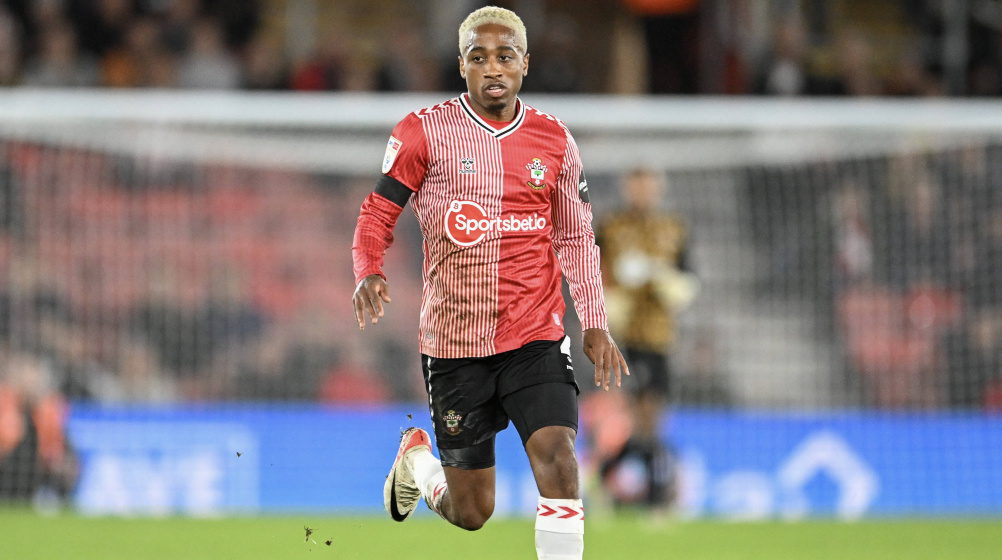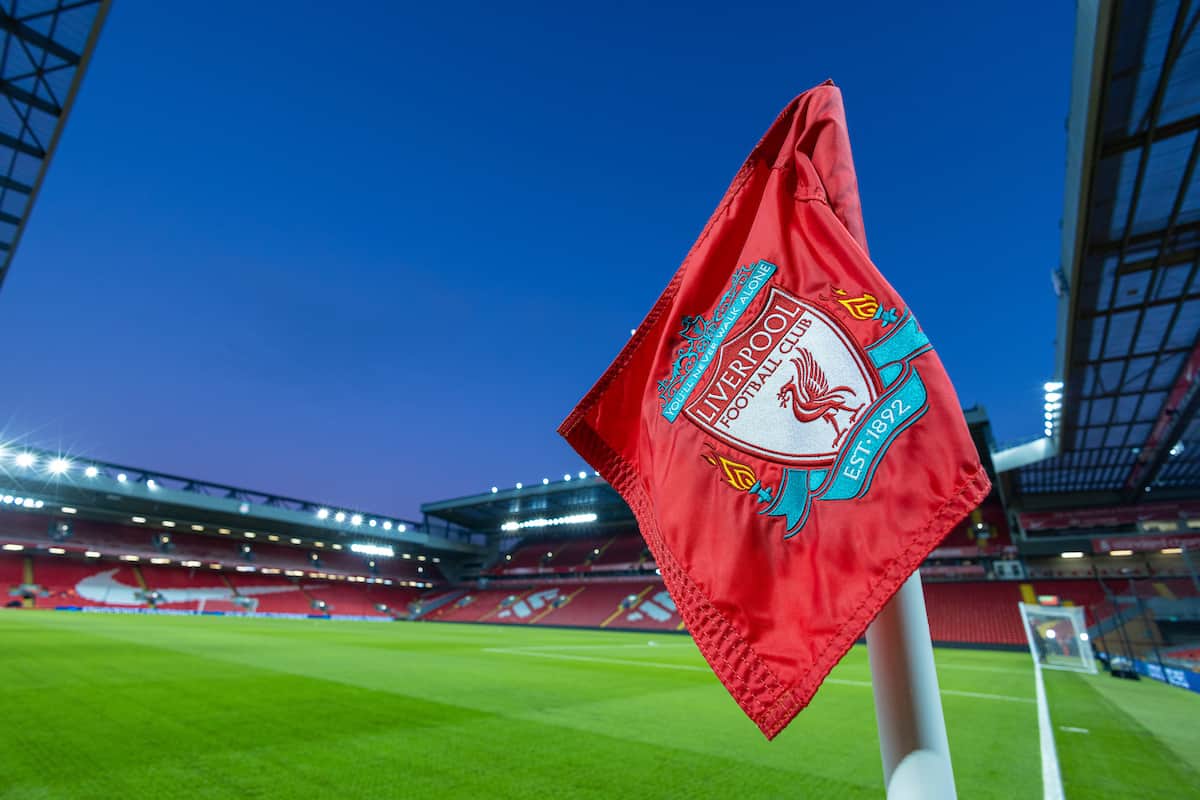West Ham are considering a move for Southampton’s Kyle Walker-Peters according to reports as they look for a new right back following Ben Johnson’s departure.
It’s set to be a busy summer at the London Stadium as the Hammers look to strengthen their squad ahead of Julen Lopetegui’s first season in charge.
So far the club have signed Brazilian winger Luis Guilherme, centre back Max Kilman and goalkeeper Wes Foderingham, with plenty more reinforcements needed if West Ham are going to qualify for European football.
West Ham eye Walker-Peters
The Hammers are on the hunt for more depth in the right back position following Johnson’s decision to join Ipswich on a free transfer.
Manchester United’s Aaron Wan-Bissaka is expected to leave the club this summer, and has been linked with a move to the London Stadium, with journalist Dean Jones reporting that West Ham view a move for Walker-Peters as easier to do.

“We know that West Ham are very seriously looking for a new forward and have tried on Jhon Duran, but also we will see them kick on in their bid to find a full-back,” he told GIVEMESPORT.
“Man United are still waiting to discover whether they are serious about Wan-Bissaka.
“It has seemed like they have looked into a few other options that might be easier to do, and Kyle Walker-Peters is one of them, but certainly this is one of the areas they want to address quickly.
“Getting a deal sorted for Flynn Downes is helpful and the close-season negotiations with Southampton were always aimed at sorting out that situation before pre-season as we have reported recently.”
Walker-Peters had been linked with a possible return to Tottenham earlier in the summer, and the right back was part of the Southampton side which won promotion back to the Premier League through the play-offs last season, making 47 appearances in all competitions.
West Ham were heavily reliant on Jarrod Bowen for goals last season, and as well as having interest in Jhon Duran, they are reportedly weighing up a move for Everton’s Dominic Calvert-Lewin.



